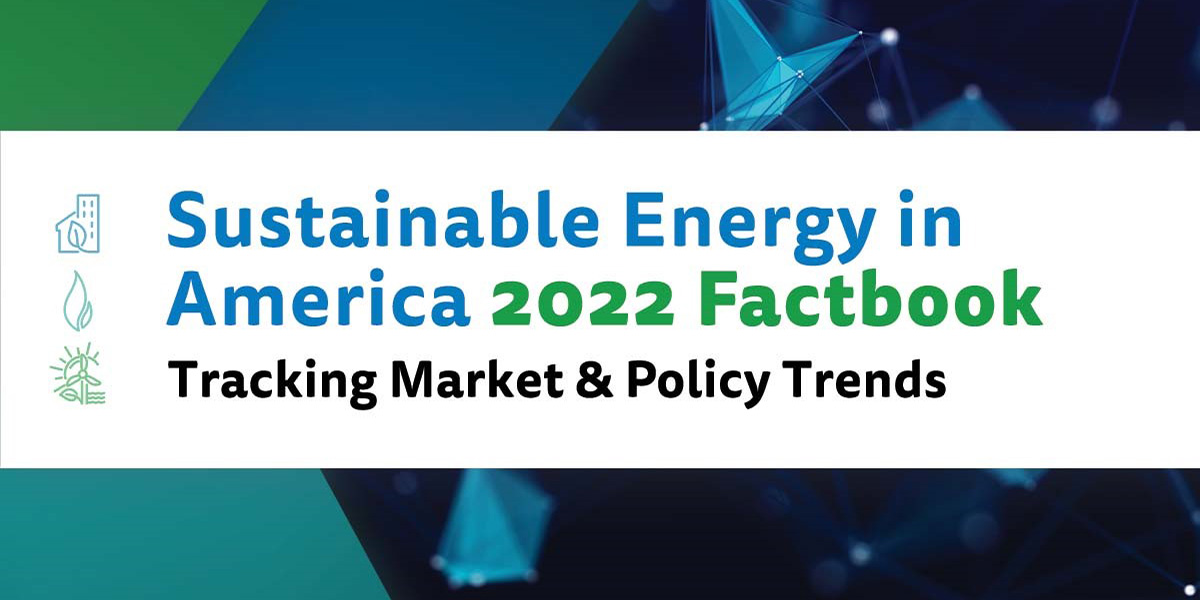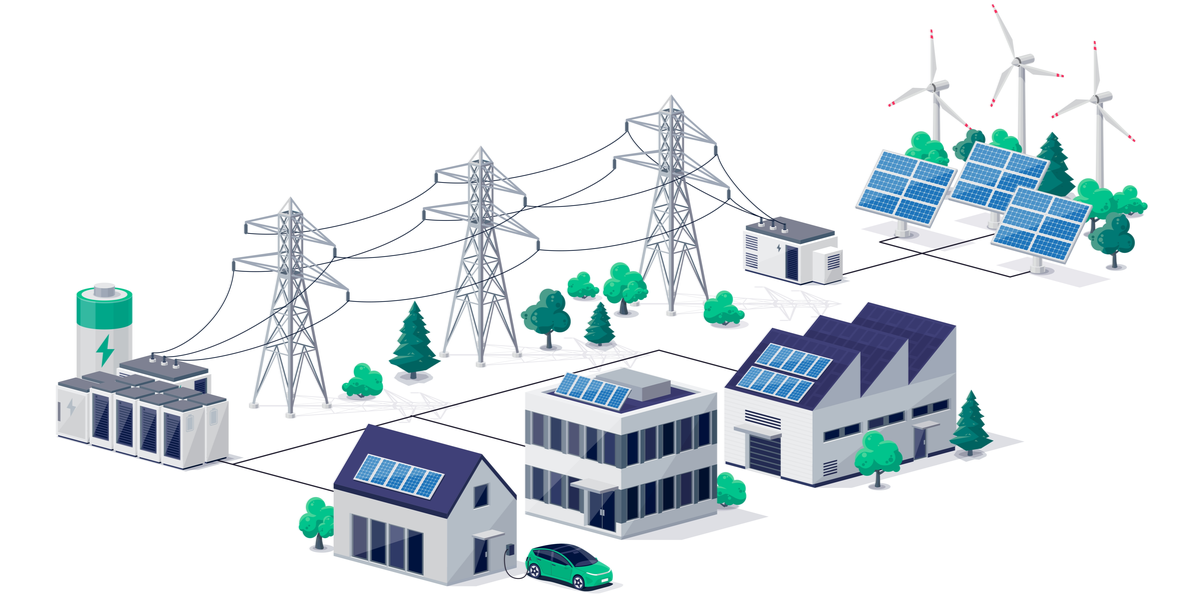Restoring our Economy through Energy Efficiency Investments in Transportation
Let's Save Energy
Alliance to Save Energy's Blog
Restoring our Economy through Energy Efficiency Investments in Transportation

For several years, the U.S. transportation sector has been on the verge of a transformation due to a rapid emergence of new technologies, business models, and innovations. This technological revolution challenges us to reinvent our transportation system to be more efficient, productive, cleaner, and accessible. Strong, well-designed infrastructure is a fundamental requirement to achieve it. That’s why we are encouraged to see leaders in both parties, including President Donald Trump and Speaker of the House Nancy Pelosi, push for long-term investment in infrastructure as a central element of the post-COVID-19 economic recovery.
In 2018, the Alliance’s 50x50 Transportation Commission published a report of policy recommendations supporting the 50x50 vision of reducing energy use in transportation by half by 2050. While Congress looks at ways to stimulate the economy, we are urging lawmakers to proactively prepare the U.S. for a 50x50 future by making infrastructure a pillar of future stimulus legislation while recognizing that the transportation sector is changing rapidly, and infrastructure development needs to anticipate future needs. This will enable the integration of new technologies and transportation methods to make our infrastructure more flexible and efficient.
Informed by the Commission’s recommendations, the Alliance and its 50x50 Action Network, a diverse group of stakeholders advocating for policies that advance the 50x50 vision, have developed five key priorities for Congress to consider as it moves to phase four of the recovery and stimulus legislation:
- Building out electrification infrastructure: An aggressive campaign to build out electrification infrastructure will create jobs and improve air quality while realizing deep savings for Americans. Congress should prioritize investments in charging infrastructure along the National Highway System and renew tax credits that encourage EV ownership.
- Reauthorizing key grant programs: Better Utilizing Investments to Leverage Development (BUILD) Grants and Surface Transportation Block Grants need more funding to drive the installation of advanced vehicle fueling infrastructure for consumers, public transit, and freight. Program eligibility should be expanded to explicitly target energy efficiency as a key objective and include projects that electrify transportation systems.
- Investing in public transit: Public transit can generate and sustain 50,000 jobs for every $1 billion invested. We should invest in programs that help clear the $100 billion backlog of projects needed to bring transit systems to a state of good repair and those that encourage renewal of bus transit fleets and facilities.
- Port and airport modernization: Ports and airports contribute $4.6 trillion in economic activity – roughly one quarter of our economy. Investment in modernizing ports and airports can save significantly on fuel costs. Ports need grant funding to tackle projects that would reduce emissions, especially those that focus on electrification.
- Investing in emerging technologies and trends: New technologies and business models – such as automation, big data, and ridesharing – have upended our transportation system, and our 20th century infrastructure is not adequate. The Department of Transportation needs to research how these trends affect overall energy use, and it needs funding to do it. We can also get ahead of one major trend by investing in the development and application of advanced technologies for medium- and heavy-duty vehicles to cut down on growing freight fuel use that will surpass passenger vehicle emissions by 2050.
This is a rare bipartisan opportunity to deliver a down payment on a 21st century transportation system that is more efficient, cost-effective, and equitable. Infrastructure investments won’t just help our economy get back on its feet in the short term, they will impact the economy and our environment for decades. Congress and the administration may act quickly for the next phase of stimulus, so now is the time to join us to advocate for a transportation and infrastructure vision that puts jobs and improved efficiency first.
If you are interested in learning more or being part of our work, please contact Alexander Ratner of the Alliance to Save Energy at aratner@ase.org.
STAY EMPOWERED
Help the Alliance advocate for policies to use energy more efficiently – supporting job creation, reduced emissions, and lower costs. Contact your member of Congress.
Energy efficiency is smart, nonpartisan, and practical. So are we. Our strength comes from an unparalleled group of Alliance Associates working collaboratively under the Alliance umbrella to pave the way for energy efficiency gains.
The power of efficiency is in your hands. Supporting the Alliance means supporting a vision for using energy more productively to achieve economic growth, a cleaner environment, and greater energy security, affordability, and reliability.



